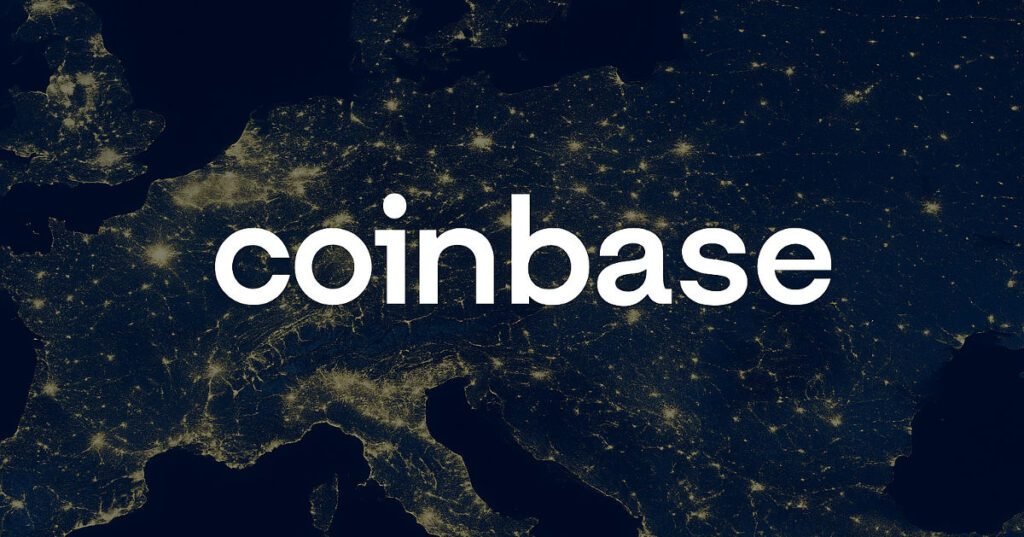Coinbase has acquired the market for Crypto Assets (MICA) licenses from the Luxembourg Committee’s Oversight Du Secteur Financier (CSSF), marking an important regulatory milestone that can provide a full range of services to all 27 European Union member countries.
With this license, Coinbase will serve approximately 450 million Europeans under a unified regulatory framework and will consolidate the company’s existing operations across multiple European jurisdictions. Previously, Coinbase held individual licenses in Germany, France, Ireland, Italy, the Netherlands and Spain.
“This milestone is a key step and operates under a regulated crypto environment controlled in one of the world’s largest economic regions, enhancing Coinbase’s position as a global leader in regulatory compliance and innovation.”
Luxembourg was chosen as Coinbase’s European Bitcoin and Crypto hub, and thanks to its financial infrastructure and regulatory approach to blockchain technology, the country has enacted four blockchain-related policies through its national parliament, maintaining what officials call the “whole government” for ledger technology.
“Luxembourg has long been a leading financial hub and has demonstrated an unwavering commitment to fostering innovation,” Seyfert noted. “By choosing Luxembourg, we understand the needs of the crypto industry and place ourselves in jurisdiction that is excellent at regulatory clarity.”
The MICA framework, which was fully effective throughout the EU this year, has established regulations on Bitcoin and crypto assets services, including transactions, custody and issuance. This framework aims to provide regulatory certainty while protecting consumers and maintaining economic stability.
“While Mica lays the foundations of a thriving crypto ecosystem, it is equally important that policymakers continue to promote swift and ambitious initiatives to maintain Europe’s competitiveness on the global stage,” Seyfert emphasized.
This expansion strengthens Coinbase’s global presence as traditional financial institutions and governments around the world develop a framework for Bitcoin and cryptocurrency regulation. Rather than navigating different national requirements, the company is now able to provide Bitcoin and crypto services to European customers under a single regulatory umbrella.

